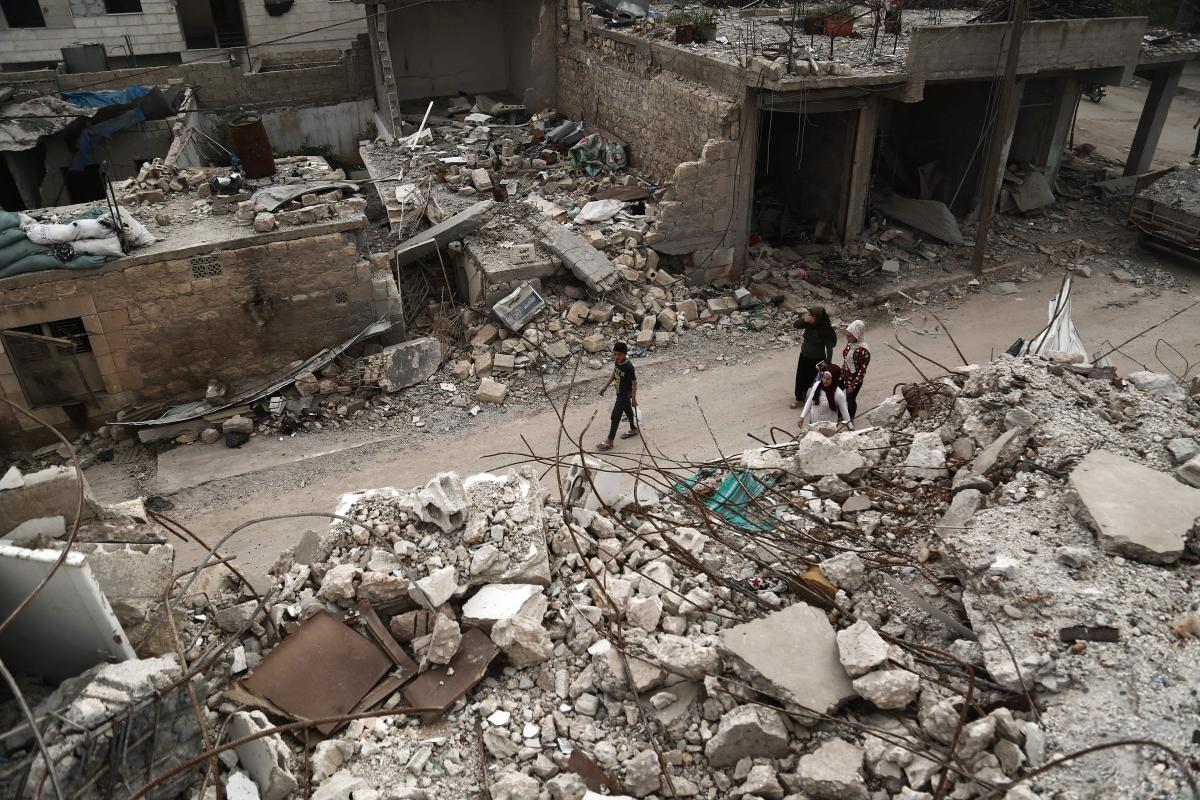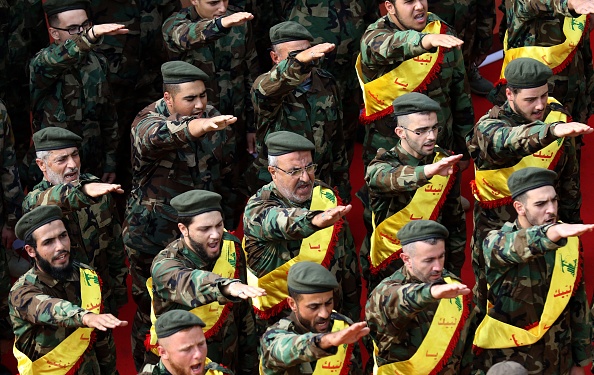Today, the Middle East remains highly unstable. Terrible conflicts in Syria and Yemen continue, and have taken a horrendous human toll. Iran is active and employing the tool of Shia militias as it seeks to extend its influence throughout the Arab Middle East. With its effort to build a military infrastructure, embed the Revolutionary Guard and deepen Shia militia presence in Syria, the potential for a wider conflict with Israel has grown significantly. But multiple militaries are either in Syria or are operating there. Any area that has the militaries of the Syrians, Russians, the Turks, the Iranians, the Americans, and Israelis in close proximity is bound to be unstable and contain the seeds of escalation.
So far de-confliction has prevented a wider war, but there are new uncertainties after the Russians blamed the Israelis for the downing of one of their planes and the fifteen personnel who were on broad and were killed. Even though it was a Syrian missile that downed the plane and Israeli aircrafts that had carried out a strike were already back in Israel, the Russians could not blame the very forces they have intervened to save. In the aftermath of this event, the Russian tone toward Israel has changed—even as the Israelis have declared they will continue to hit Iranian/Syrian/Shia militia targets that might be the site of qualitatively new weapons that Israel sees as posing unacceptable threats to the Jewish state.

In such circumstances, the US needs to have not just a stable presence in the region, but convey a sense of resolve about its goals in the area. If there was one theme I heard during a recent visit to Abu Dhabi, this was it. No doubt, the killing of Khashoggi and its aftermath added to the sense of unease that I felt in speaking to people at the 5th annual Abu Dhabi Strategic Debate. I heard concerns about Turkey trying to exploit the issue to gain advantage.
Unease is driving these questions—and fair or not, there is unease about the US and its staying power. Historically, the US saw great danger in allowing vacuums to form in the Middle East. It defined its interests in terms of ensuring that no hostile power gained control of the flow of petrochemicals from the region. Countering terror and the proliferation of weapons of mass destruction came later as key elements of the American perception of its interests in the region. As a result, threats to the flow of oil, of terror, of proliferation and the need to pre-empt the possibility of the worst weapons getting into the worst hands all came to shape the American policy and commitment to the Middle East. Arab-Israeli peace as a goal was long-standing—for presidents like Carter and Nixon, it was a key not just to avoid possible confrontation with the Soviets but also to make it easier to manage our relations with Arabs and Israelis alike. For later presidents like Bush and Obama, it was seen as part of a counter-extremism policy because the conflict fed terrorist recruiting and gave the Iranians on the one hand and al Qaeda on the other a tool to use against those Arab leaders friendly to the United States.
At a time of great uncertainty in the region and questions about American staying power that began with the Obama “Asian pivot” and have continued with Trump’s refrain that we have wasted “$7 trillion” in Middle Eastern wars, there does need to be a new articulation of why the region remains important to the United States and why we will remain in it.

Today, the Trump administration speaks of its anti-ISIS and anti-Iran policies and appears poised to present a peace plan. But the policies are not tied together in a coherent approach—and that, too, was what I heard consistently at the Abu Dhabi conference. For my part, a guiding principle for such a framework would be that we will act to prevent vacuums from forming in the region. As we have seen in Iraq, Libya, and Syria, vacuums are always filled by the worst forces. It is true as well in Israeli-Palestinian diplomacy—when there is no visible diplomacy or process, hope declines and the views become more rejectionist. Being determined to prevent vacuums from forming need not mean that the US must go it alone or assume the sole burden of acting. We can look to partners to assume their responsibilities, knowing they are more likely to do so if they know the US will be there to back them.
The irony is that we are more likely to have partners if local actors know the US is reliable and is not leaving the Middle East. Perhaps, it is time for the Trump administration to explain not only to the American people but also our putative Arab partners what is guiding our policy in the Middle East and how and why we will sustain it. My simple answer is that the Las Vegas rules don’t apply to the region—namely, what takes place in the region—terror, refugees, and war—does not stay in the region. As such, withdrawing and leaving a vacuum will sooner or later affect the US—only when it does the cost will be higher.








